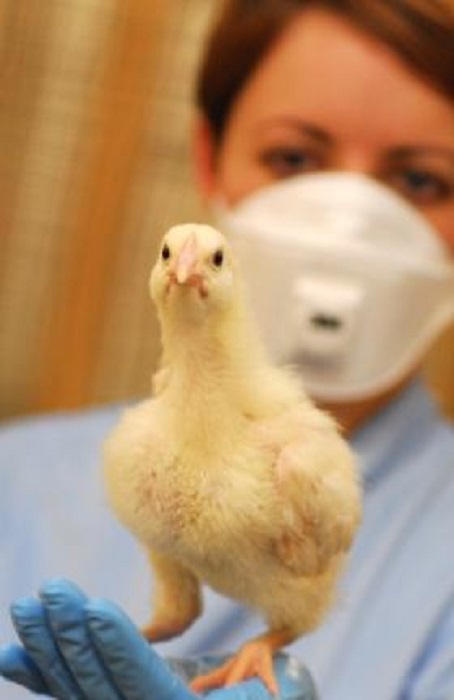The European Food Safety Authority (EFSA) has raised concerns about the potential spread of a highly pathogenic avian influenza (HPAI) virus genotype, currently affecting dairy herds in the United States, into Europe. According to a new EFSA report, both the seasonal migration of wild birds and the import of certain US products, particularly those containing raw milk, could serve as possible routes of introduction.
So far, the virus genotype has been detected only in the United States, where it has infected 981 dairy herds across 16 states between March 2024 and May 2025. The spread within the US has been linked to cattle movement, low farm biosecurity, and the sharing of equipment between farms, according to the report.
EFSA scientists highlight several European regions as critical points for early detection of the virus during wild bird migration. These include high-density bird areas such as Iceland, the UK, Ireland, western Scandinavia, and wetlands like the Wadden Sea along the coasts of the Netherlands, Denmark, and Germany.
In addition to natural transmission routes, the report explores the risks associated with trade. While the import of live dairy cows and bovine meat from affected US areas is tightly controlled and considered low risk, EFSA notes that products containing raw milk cannot be entirely ruled out as a potential pathway for the virus.
EFSA is expected to publish a full risk assessment by the end of the year, including recommendations to prevent the virus from establishing a foothold in Europe. The agency is urging vigilance and enhanced monitoring at both wildlife hotspots and border inspection points.


